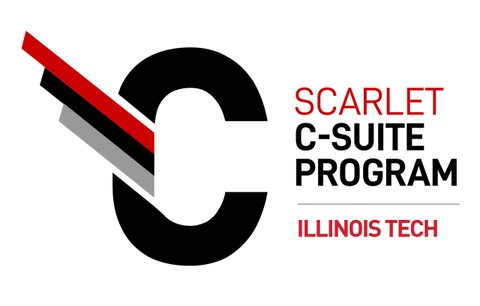Internships are work commitments to an employer that last one semester or more. Internships give students the opportunity to get a feel for their industry of choice one semester at a time, although multi-term internships are also allowed.
Important Facts About Internships
Students must enroll in academic courses each semester in the fall and spring to maintain full-time status and make progress toward their degrees, even if they are doing full-time experiences.
See the chart below that describes the differences between part-time and full-time experiences.
| Part-Time Experience | Full-Time Experience | |
|---|---|---|
| Number of hours a student can work per week | Up to 20 hours per week | 21-40 hours per week |
| Number of administrative credits given during the fall/spring terms | Undergraduates: 6 Graduates: 4.5 Internships that start after the drop/add date or end before the end of the semester do not receive administrative credits. | Undergraduates: 12 Graduates: 9 Internships that start after the drop/add date or end before the end of the semester do not receive administrative credits. |
| Number of administrative credits given during the summer term | Undergraduates: 4 Graduates: 3 | Undergraduates: 8 Graduates: 6 |
| Academic course requirements | Must be enrolled in at least 2 academic courses in addition to the part-time experience. During the summer, students who are not in their final semester do not need to be registered in any academic courses. Students in their final semester must be enrolled in at least one on-campus course. | Must be enrolled in at least 1 academic course in addition to the full-time experience. During the summer, students who are not in their final semester do not need to be registered in any academic courses. Students in their final semester must be enrolled in at least one on-campus course. |
Administrative credits allow students to maintain their full-time student status at the university but do not give academic credits toward a student’s degree program.
Students completing an internship in the final semester are not allowed to exclusively sign up for online coursework. They must have an on-campus presence to be eligible to do the internship experience.
Students who choose to do internships with administrative credits must start their internship by the first working day after the drop/add date and cannot end any earlier than the last day of courses. Internships where administrative credits are not given offer more flexibility in terms of start and end dates.
During the summer term, students are not required to take academic courses.
- Graduate students cannot take summer courses concurrently with full-time internships based on policies made by Graduate Academic Affairs. Students who have additional questions about this policy should contact Graduate Academic Affairs.
- Undergraduate students who are participating in an internship experience are allowed to take summer courses along with their full-time internship.
F-1 and J-1 students seeking to do experiential learning must obtain additional approval
F-1 students and J-1 students seeking to do Experiential Learning must obtain additional approval from the Office of Global Services. F-1 students will have to obtain Curricular Practical Training (CPT) work authorization in addition to completing the application forms for the Experiential Learning Office. J-1 students will have to obtain Academic Training work authorization, which does involve the Experiential Learning Office. Information regarding both has been hyperlinked.



